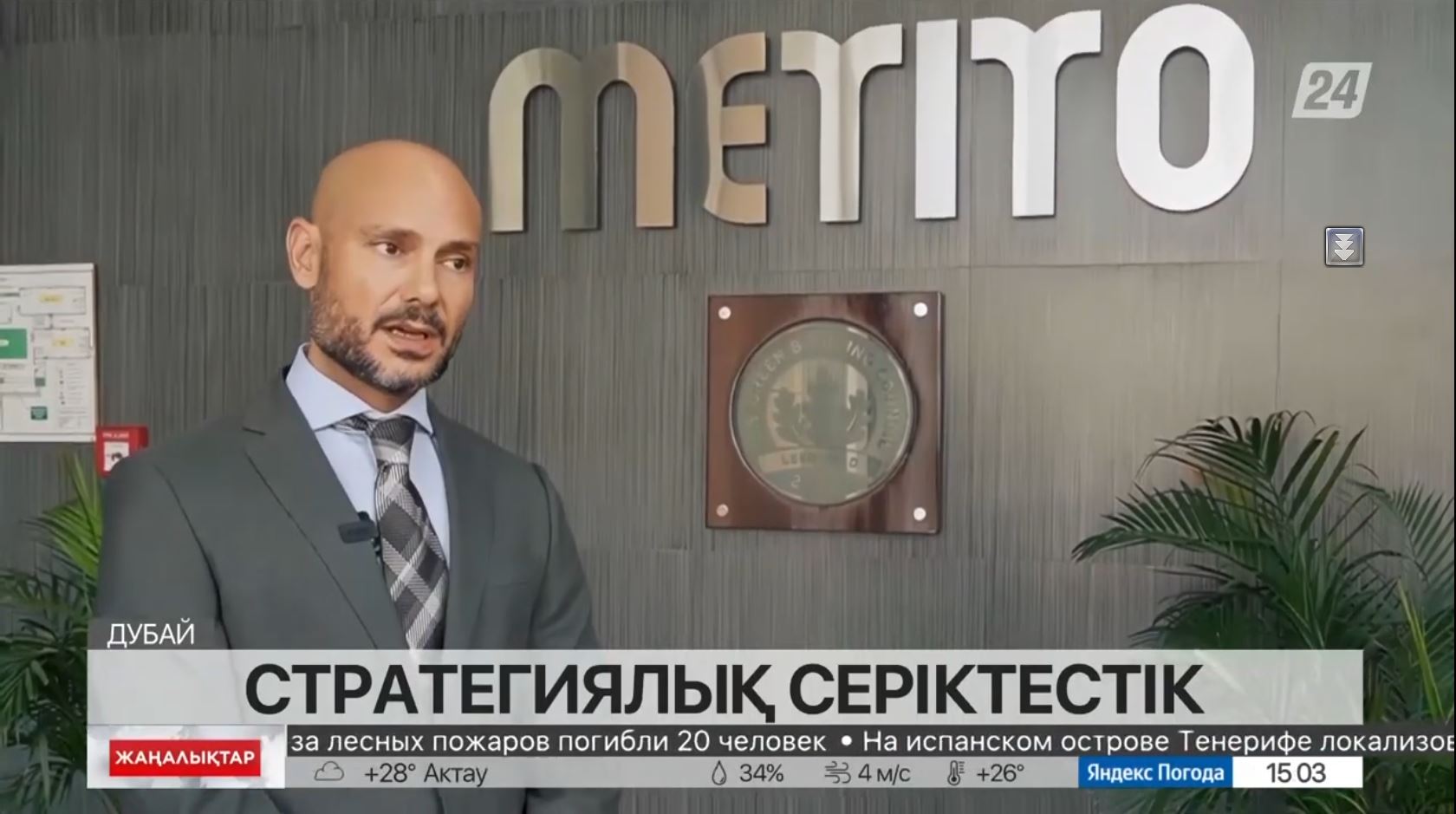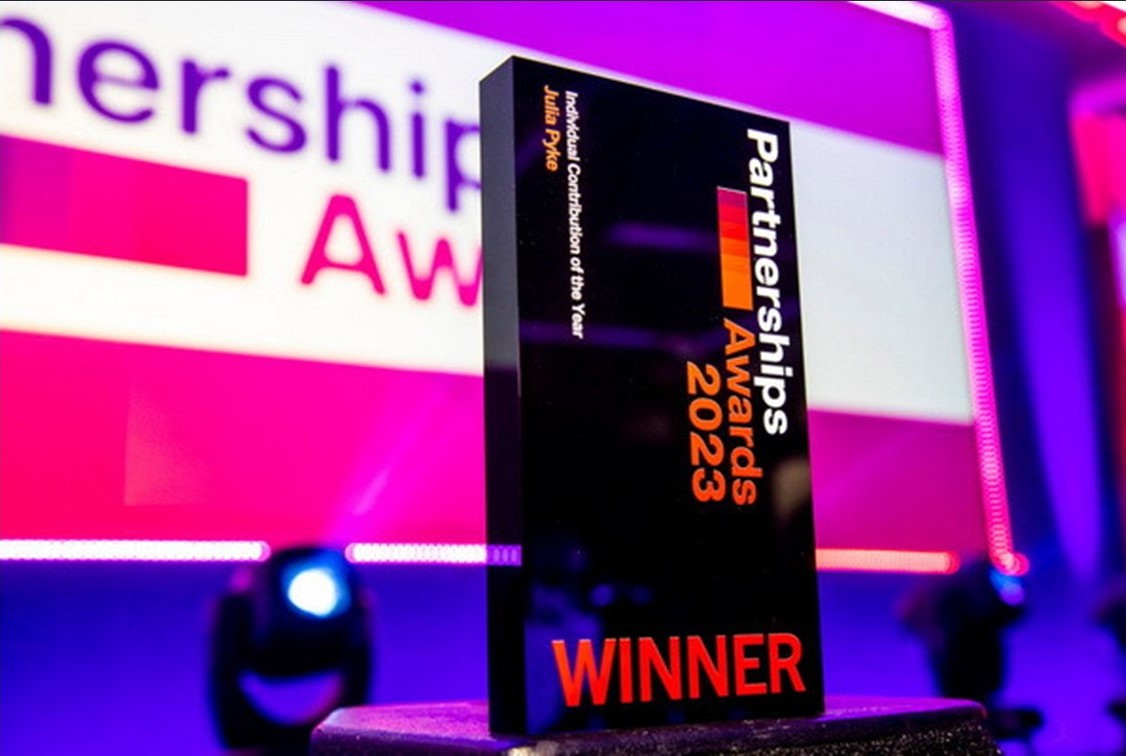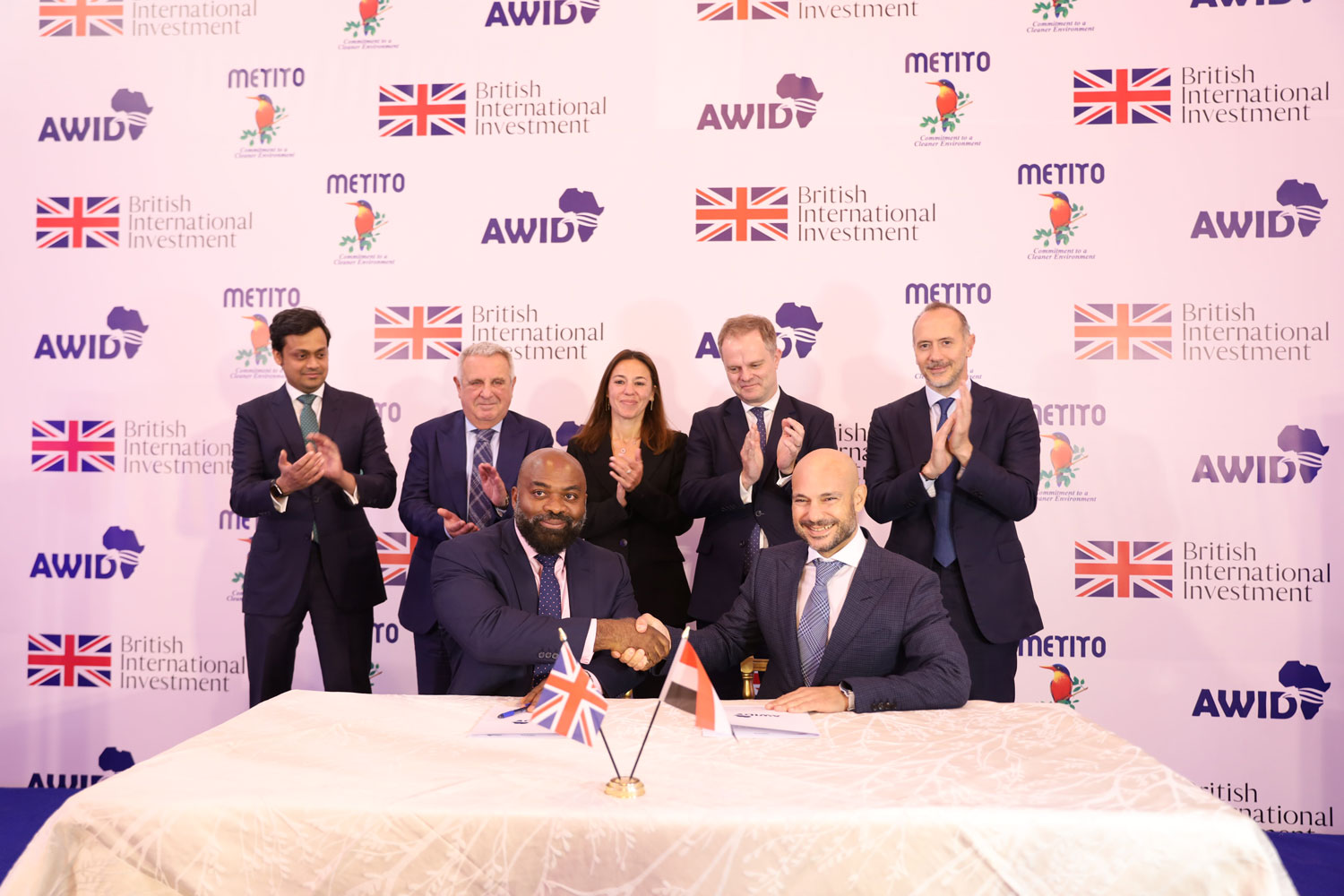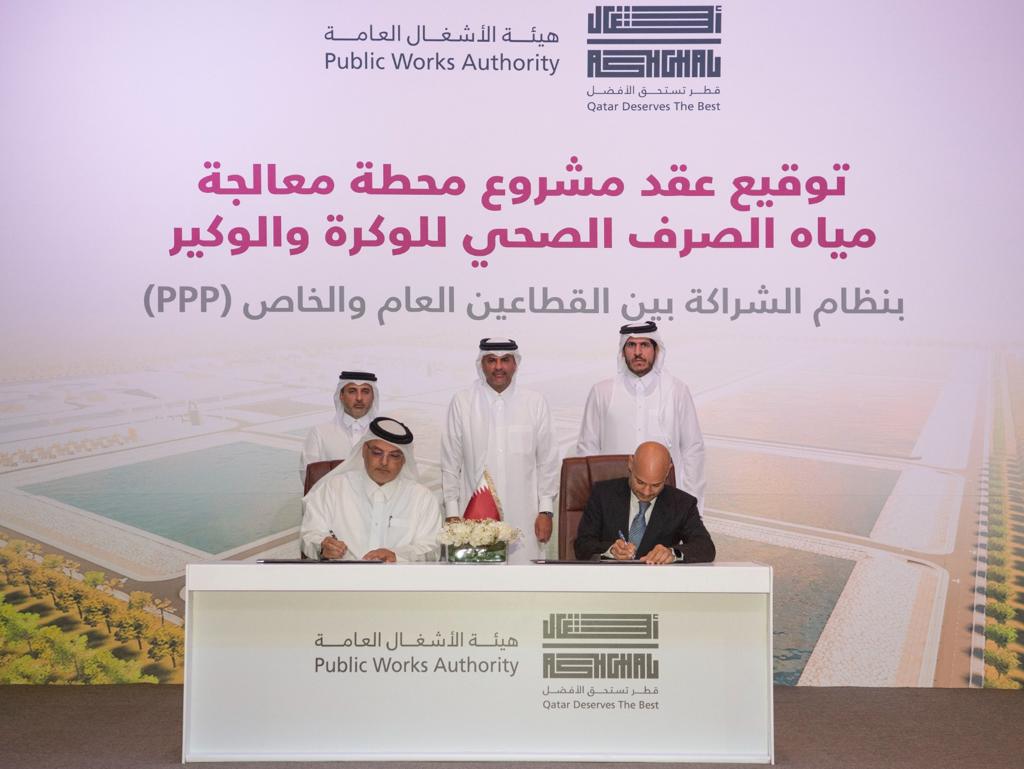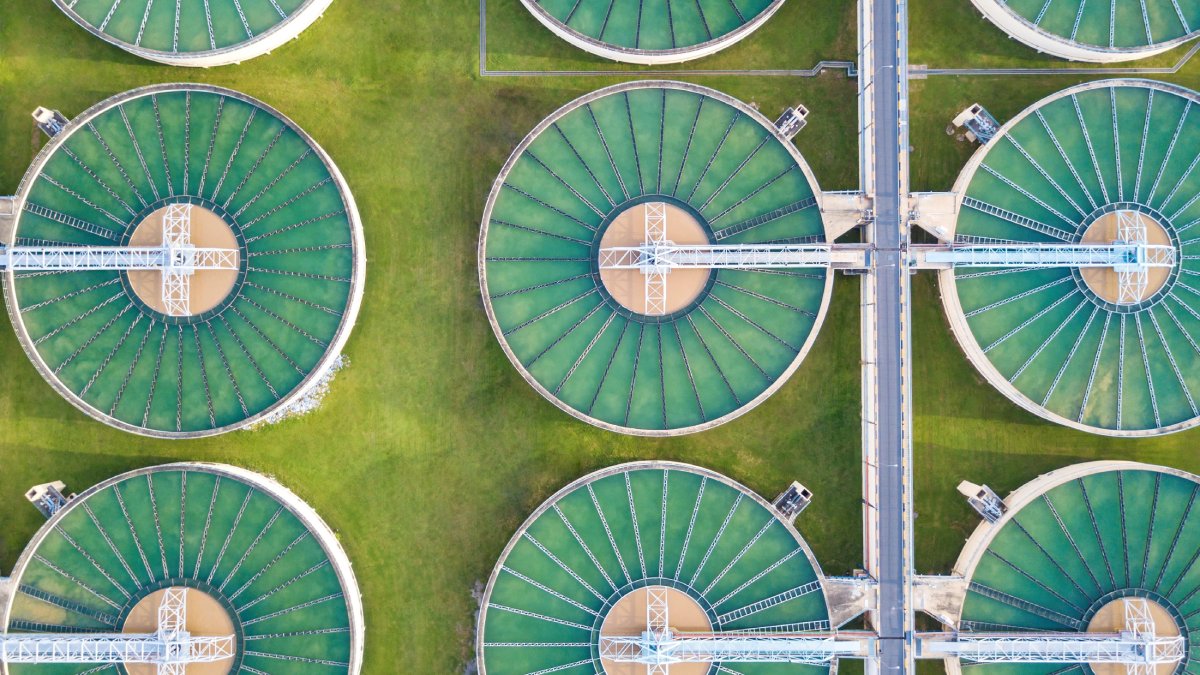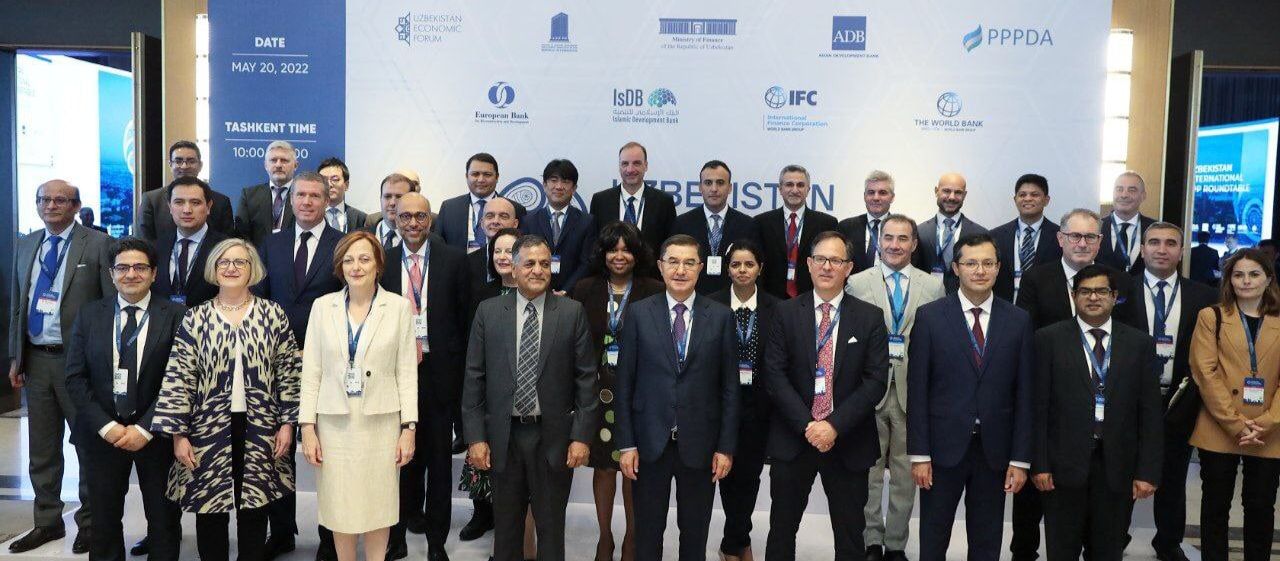The following article is an interview conducted and published by Global Water Intelligence (GWI). It explores how Metito has successfully developed public-private partnership (PPP) projects in emerging and often underserved markets, with a spotlight on recent milestones in Serbia and beyond. We are pleased to share the article here in full, as originally published.
How Metito made water PPPs happen around the world
The company this month added another plant to a list that has seen it invest in projects where others fear to tread. How does it make the sums add up?
International water and wastewater specialist Metito this month added another new project to its booming utilities business, as the company continues to develop its reputation as the standard-bearer for PPPs in unexplored markets.
Managing director Rami Ghandour, speaking from the company’s main office in Dubai, told GWI that the Metito Utilities (concessions) wing is the fastest growing part of the business, despite the string of projects built by the company’s construction team, and the global crunch facing infrastructure investors.
Earlier this month, Metito signed an agreement with the City of Zrenjanin and the Public Water Company in Serbia to finance and develop the upgrade, expansion, and rehabilitation of a 30,240m3/d water treatment plant serving the city.
News of the 25-year, €18 million privately financed project came just over a year after the company first established a beachhead in Serbia, securing the €32 million contract to finance, build and operate a 25,000m3/d wastewater treatment plant in Zrenjanin.
The pair of Zrenjanin plants are the first reference for privately financed water/wastewater in Serbia, as well as the first major investment opportunities secured by Metito in Europe. And they have added to the company’s reputation for developing public-private partnerships for water in places that international water companies have traditionally been reluctant to look at. Although the company does not have the largest privately financed water project portfolio in the world, it has dug out and delivered projects in places like Serbia, Uzbekistan, and Rwanda that have seen the company deploy capital where others have feared to tread.
SELECTED METITO PPP REFERENCES
The company has secured ongoing projects through BOT-type contracts in a host of new markets.
| Project |
Capacity (m3/d) |
Type |
Metito stake |
Country |
| Dammam West |
200,000 (initial) |
WWTP |
40% |
Saudi Arabia |
| Wakra-Wukair* |
150,000 |
WWTP |
Undisclosed |
Qatar |
| Namangan |
100,000 |
WWTP |
100% |
Uzbekistan |
| Kigali Bulk Water Supply |
40,000 |
WTP |
100% |
Rwanda |
| Dubai Investment Park |
56,000 |
WWTP |
100% |
UAE |
| Zrenjanin |
30,240 |
WTP |
100% |
Serbia |
| Zrenjanin |
25,000 |
WWTP |
100% |
Serbia |
| Marriott Golden, Sharm El Sheikh |
600 (SWRO), 500 (WWTP) |
Desal/WWTP |
100% |
Egypt |
Source: * Not formally concluded yet
Ghandour said the securing of the second contract in Serbia was no coincidence, with repeat orders forming a key part of the strategy to further build the Metito Utilities part of the business.
“Our philosophy is to invest into the countries we’re operating in and with a lot of those countries we see the investments to be the first of a series,” he said. “Over the years, we’ve developed, I believe, the first PPP in water or wastewater in seven countries, and we hope soon to be expanding that list to other countries.
“We want to have that long-term commitment to the countries that we’re in. The Kigali project was the first in the [sub-Saharan Africa] region and the objective there was to set an example, whether it’s in that country or surrounding ones, to build out that long-term presence. That’s very much the same whether it’s Serbia, Rwanda, Uzbekistan, or here in the Gulf.”
The company’s approach to PPPs has been as notable for the number of major contracts it has turned down, as much as for those it has secured. Despite an extremely active role in the desalination construction business, it has not taken on any of the wave of large Gulf desal BOTs that have come to market in recent years.
Ghandour said the company’s approach to PPPs is based on a refusal to compromise on its return on investment targets. “We need to make sure that the projects meet our investment return thresholds, and those vary by geography, by country risk, by project risk, and by client type. So we do have our thresholds, but we also need to look at the overall affordability of the project for the people that we are serving. Quite often we do need to turn things down if it’s not something we believe is sustainable. Even if you sign a contract, if the project is not affordable and giving significant benefit to the communities that it’s serving, it’s not going to stand the test of time.”
He added that taking on a PPP in a new market can also come with its own benefits, compared to contracts in more developed markets that might be larger or more risk-free.
“Typically, in markets like the [Gulf], I think your return expectation will be lower than in more emerging markets,” he said. “The flip side is that they will tend to be more secure and lower risk. However, you have to go in with committed finance, and there are a lot more development costs incurred before you build the project (or not) compared to a more developing market. This means that smaller projects are not necessarily viable in markets such as the GCC. In developing markets, you can go in with non-committed finance, so a lot of the cost is not incurred until after you’ve been awarded a project.”
Ghandour acknowledged the ongoing supply chain crisis and its effect on the engineering, procurement and construction (EPC) market means that the company as an investor has had to be far more active on the design side of the concessions business, whether working through the company’s construction wing as a partner, or with an outside EPC contractor.
“I’d love to say we can offload the risk, but that’s not going to happen,” he said. “So we’ve got to get involved in that directly. But we believe that these projects really have to make sense standing alone in the long term. To carry out a PPP purely with the aim of making an EPC profit is shooting yourself in the foot – you end up with all the wrong drivers, and that’s what we’ve seen in a series of companies in Asia and in Western Europe.
“Metito is strong on the design-build side, and it may make sense to go with them in some markets, but in others there are players that are clearly much more established, for example in India or China, and so it’s better to use somebody that’s established and able to provide services at a price that’s more attractive. But even in markets where Metito Overseas [the design-build business] may not be an existing player, we might bring them along because at least that’s an entity that we can communicate quite clearly with and ensure the delivery of the project happens.”
Ghandour said that the difficult and volatile conditions for the construction and delivery business have had the unexpected effect of clearing out what he believes to be some of the unsustainably low bids that had started to distort some PPP markets.
“I think one side effect of what’s happened in the course of the last year is that a lot of entities have stopped doing that. I’m not saying there aren’t people buying projects, but there was certainly a phase where people seemed to be buying them left, right and centre, and so we had to decline to bid on quite a few projects.
“We’re not willing to take on a project that’s loss-making at the end of the day, because what we’re doing is investing for the long term and making sure it works. It’s much better to give up on a project before it starts than take on something that’s going to make losses for 25 years.”
Return to China
The company is now planning a return to markets in East and Southeast Asia. Metito was one of the last foreign holdouts in China before it sold its 1.8 million m3/d portfolio of concessions and contract operations to a joint venture of Fosun International and Nanjing Steel in early 2018. It had built up the holdings – which made it the largest international investor in the Chinese wastewater sector between 2008 and 2018 – in partnership with Berlinwasser, before the latter exited the market in 2011.
Metito also left the concessions business in Indonesia in October last year with the expiration of the contract for three desalination plants serving ports in East Sumatra.
The company has, however, now reopened its office in Shanghai, and is looking to build up a Chinese empire once again, focusing on the more sophisticated end of the market in terms of design than the municipally dominated portfolio it held in the past.
“We are back there, and we are looking forward to growing it,” Ghandour said. “We do not have any existing projects on the ground, but hopefully that can change in the not-too-distant future. We are right now in due diligence for one acquisition opportunity, and we are in advanced discussion for the development of more projects.”
Reference:
How Metito made water PPPs happen around the world

